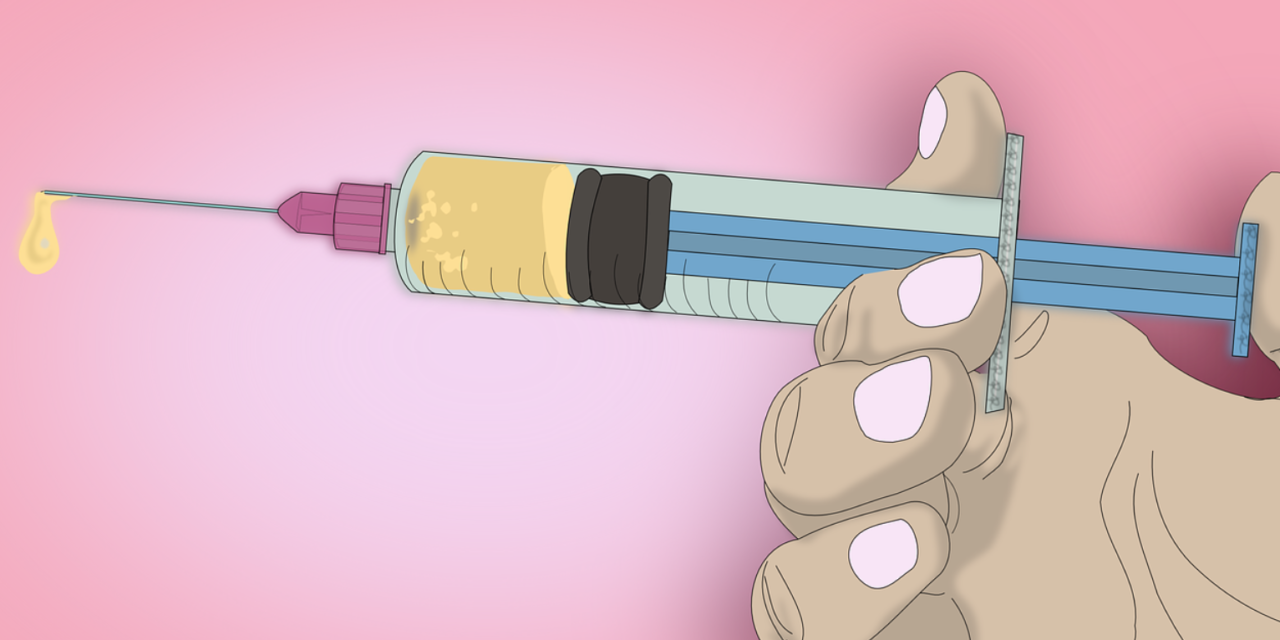It’s been six years since a case of measles was discovered in the state, but a new one has just occurred and now state health officials are asking everyone to make sure they are vaccinated against the disease.
On Monday, Sept. 9, the North Carolina Department of Health and Human Services (NC DHHS) announced a confirmed case of measles – also known as rubeola – in a child in Mecklenburg County.
According to state health officials, the child was likely exposed to measles while traveling outside of the country.
They believe that the case is contained but are still encouraging all state residents to get vaccinated.
“Fortunately, the parents kept the child at home after returning to North Carolina except for one medical visit, during which appropriate precautions were taken to avoid spreading the virus,” a September 9 announcement from the NC DHHS states.
Nevertheless, state officials are working closely with the Mecklenburg County Health Department to ensure readiness to detect and respond to other possible measles cases or exposures.
Measles is very contagious and it’s generally spread through the air when someone with the disease coughs or sneezes. However, you can also get measles just by being in a room where a person with measles has been – even up to two hours after the infected person has left.
Measles can cause complications such as pneumonia and encephalitis – especially in young children.
Here’s how to spot the disease: “Measles begins with a fever that lasts for a couple of days, followed by a cough, runny nose and conjunctivitis (pink eye). A rash starts on the face and upper neck, spreads down the back and trunk, then extends to the arms and hands as well as the legs and feet. After about five days, the rash begins to fade.”
If you have measles, state officials should say you should, of course, self-isolate at and should call ahead when possible before seeking medical attention to help prevent the spread of the virus.
The NC DHHS is also instructing medical professionals to contact their local health department as soon as measles is suspected in a patient.
Anti-vaxxers will point out there has been one case in six years and it seems to have been contained, but state health officials say there’s no need to put your child at risk.
“To protect your children, yourself and others in the community, it is important to be vaccinated against measles,” the statement from NC DHHS reads. “Children who are not traveling internationally should receive their first dose of MMR vaccine at age 12 to 15 months and their second dose at 4 to 6 years. All US residents older than age 6 months without evidence of immunity who are planning to travel internationally should receive MMR vaccine prior to departure.”
Here are other guidelines from the state:
- Infants aged 6 through 11 months should receive one dose of MMR vaccine before departure.
- Children aged 12 months or older should receive two doses of MMR vaccine, separated by at least 28 days.
- Teenagers and adults without evidence of measles immunity should receive two doses of MMR vaccine separated by at least 28 days.
NCDHHS Chief Medical Officer and State Health Director Dr. Elizabeth Cuervo-Tilson said this disease is not to be taken lightly.
“Measles is on the rise globally and in the US,” she said. “Parents, schools, early childhood education providers and health care providers should work to ensure everyone is up to date with their measles vaccinations.”
Mecklenburg County Public Health Director Dr. Raynard Washington said that this case of measles “further demonstrates the critical need for all families to ensure their kids are up to date with measles and other childhood immunizations.”
The increased number of measles cases in the US this year coincides with a rise in global measles cases and a growing global threat from the disease.
The CDC estimates that 94 percent of North Carolina kindergarteners were up to date on the MMR vaccine in the 2022-2023 school year, compared to 93 percent nationally.
Children who are uninsured can be vaccinated at low or no cost through the Vaccines for Children program, which offers free vaccines to children up to and including those 19 years of age.


Mask up!
All thanks to sleepy joe and Kamala’s open borders and the 10 million illegals they allowed in. Get all your friends, family and neighbors out to vote please before it’s too late for our country